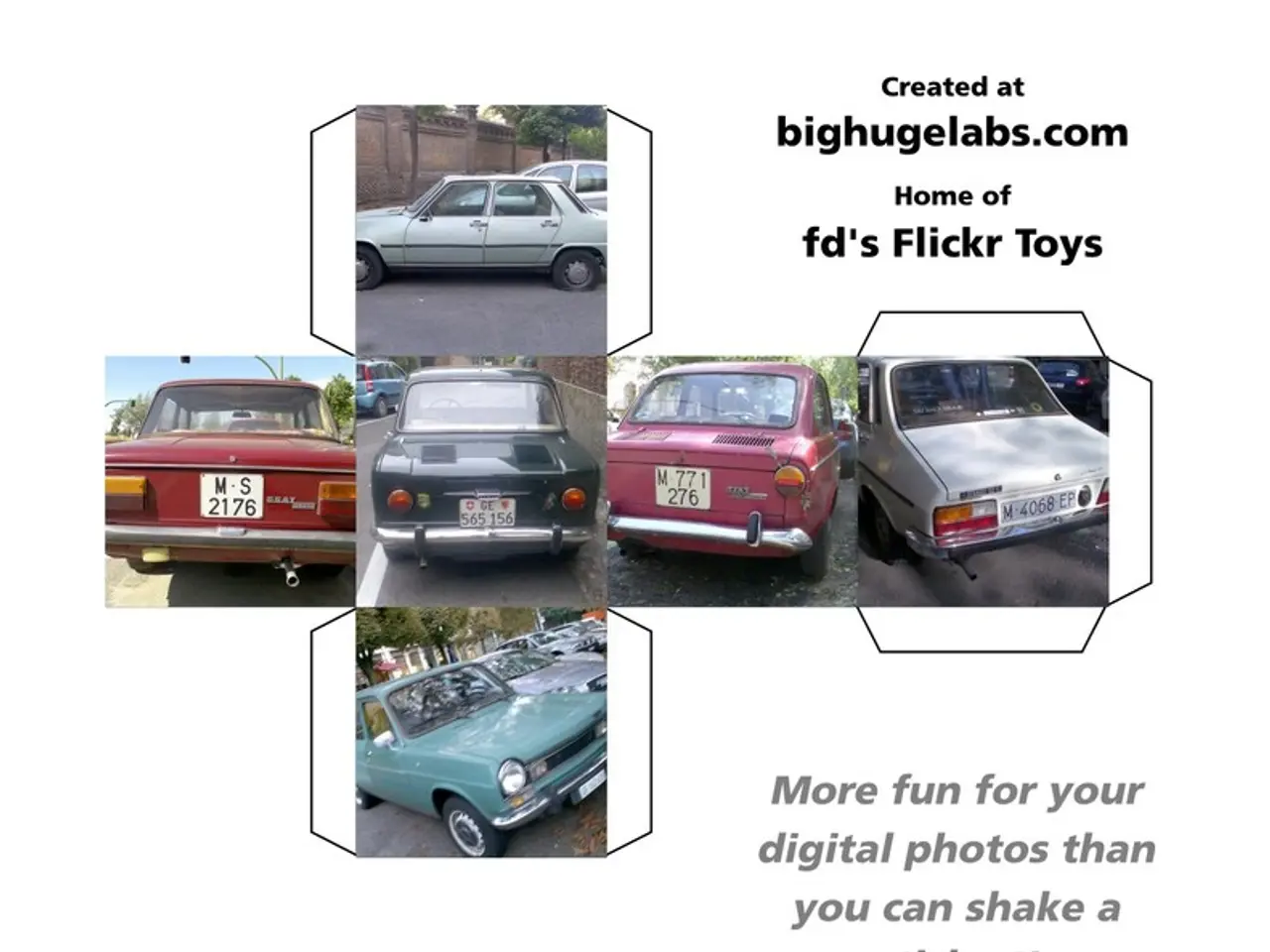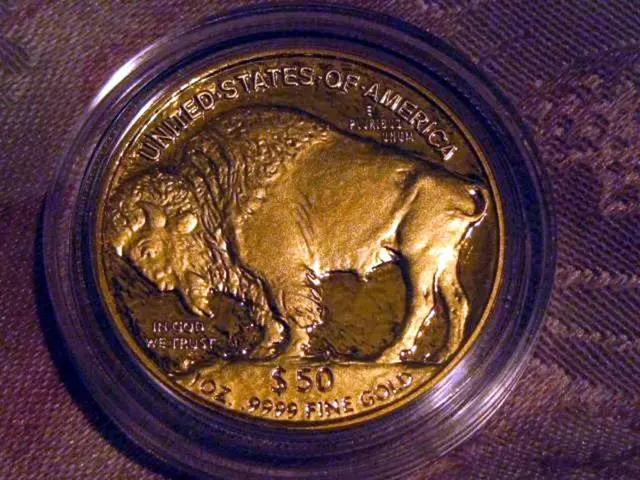Database of Original Equipment Manufacturers (OEMs) and lithium-ion battery cell providers
In a significant move, some of the world's leading Original Equipment Manufacturers (OEMs) and Electric Vehicle (EV) manufacturers are altering their supplier arrangements for battery cells. These changes aim to diversify battery sources, focus on battery chemistry suitable for electric drivetrains, and develop local production capacities in Europe and the USA.
Tesla, Volkswagen Group, BMW, Ford, and General Motors are actively engaging in evolving battery cell supply contracts. They are keen on securing volumes and advancing technology, such as solid-state batteries, to enhance their electric drive systems.
For instance, Volkswagen's PowerCo division has confirmed partnerships with QuantumScape on solid-state cells, promising longer ranges and faster charging. Volkswagen also collaborates with Mahindra for MEB components and standardized cells. LG Energy Solution supplies substantial volumes of cylindrical NMC battery cells to Mercedes-Benz and other manufacturers, with contracts extending into 2035 and beyond, and is expanding production sites outside China to reduce dependency.
Ford, another major player, is also part of this shift. General Motors and BMW are similarly adjusting their supplier arrangements to meet the growing demand for electric vehicles.
The demand for battery cell gigawatt hour (GWh) production capacity is expected to rise significantly over the coming decade. Securing lithium-ion battery cell capacity is a key priority for vehicle manufacturers.
A database is available for an overview of current and changing supply agreements between vehicle manufacturers and battery cell suppliers. This resource categorizes supply agreements according to powertrain type, including battery electric vehicles, plug-in hybrid electric vehicles, mild and full hybrid electric vehicles, and commercial electric vehicles. However, with these ongoing changes, the database may need to be updated to reflect the latest developments.
It is crucial for automotive OEMs to work with a diverse and flexible group of battery cell suppliers to ensure a steady supply and technological advancement. These changes in supplier arrangements may affect the battery cell supply, but they also represent a strategic shift towards a more sustainable and technologically advanced future for the automotive industry.
Read also:
- Munich Airport Unveils Its New Electrical Vehicle Charging Parksite
- Clean Energy Facilities by Constellation Offer Close-to-Impeccable Summer Stability, Reinforced by $7 Billion in Capital Infusions Over the Past 10 Years
- Vehicle electrification and bidirectional charging technologies could potentially reduce EU energy expenses by a staggering €22 billion annually by the year 2040.
- Automobile manufacturer IM Motors reveals an extended-range powertrain akin to installing an internal combustion engine in a Tesla Model Y.








